We’ve been building autonomous vehicles for about twenty-five years, and now that the technology has become adopted much more broadly and is on the brink of being deployed, our earnest faculty who’ve been looking at it are now really interested in questions like, a car suddenly realizes an emergency, an animal has just jumped out at it. There’s going to be a crash in one second from now. Human nervous system can’t deal with that fast enough. What should the car do?
The Conversation #34 — Douglas Rushkoff
presented by Aengus Anderson, Douglas Rushkoff, Micah Saul
I would say a better place looks like…having dinner with the person who lives next door to you. Knowing who they are. A better place is sharing the same snowblower on your block. The better place is easiest to imagine, and ultimately get to, if we look at it in terms of our incremental moment-to-moment choices. Read more →

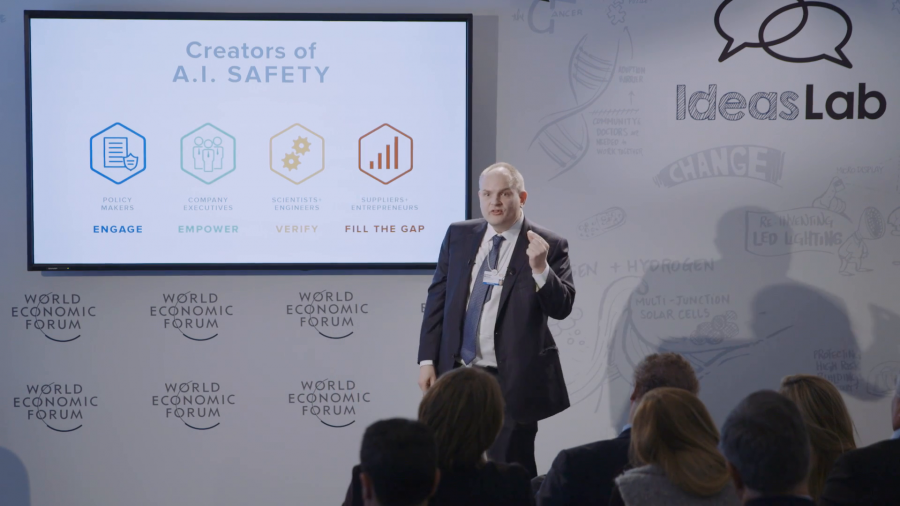
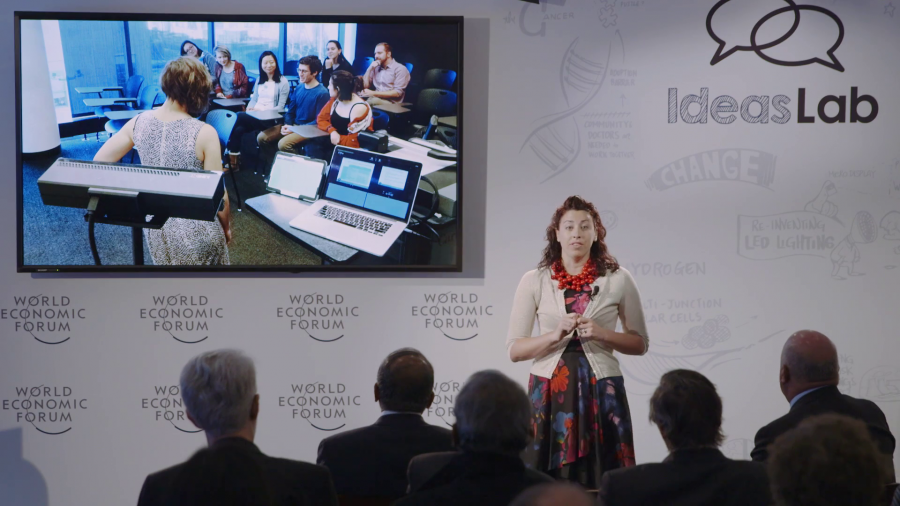

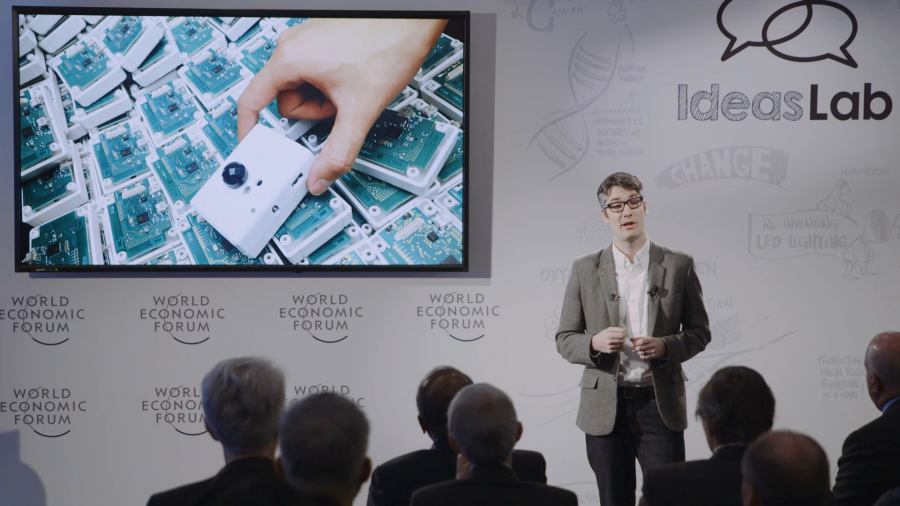
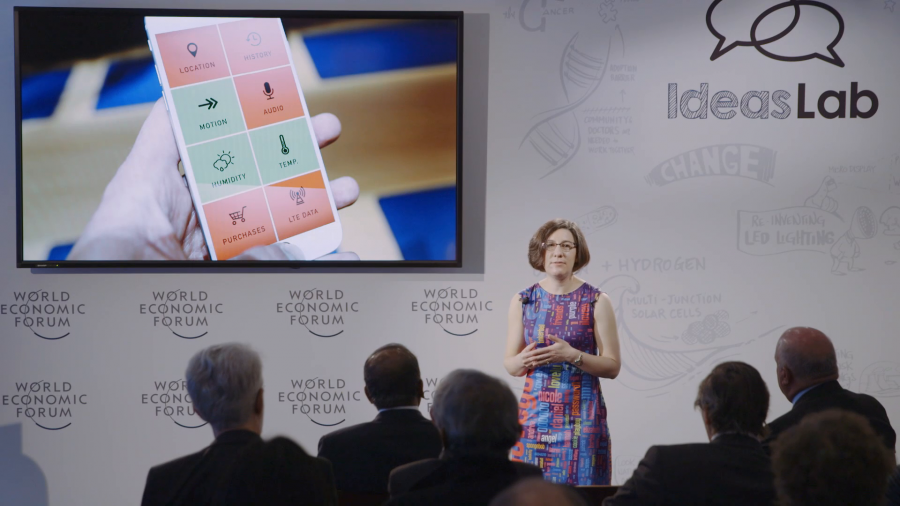
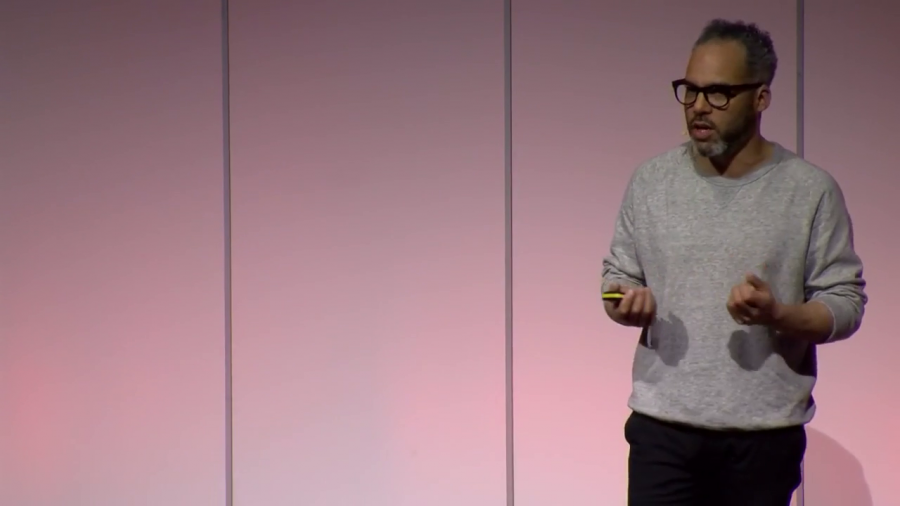
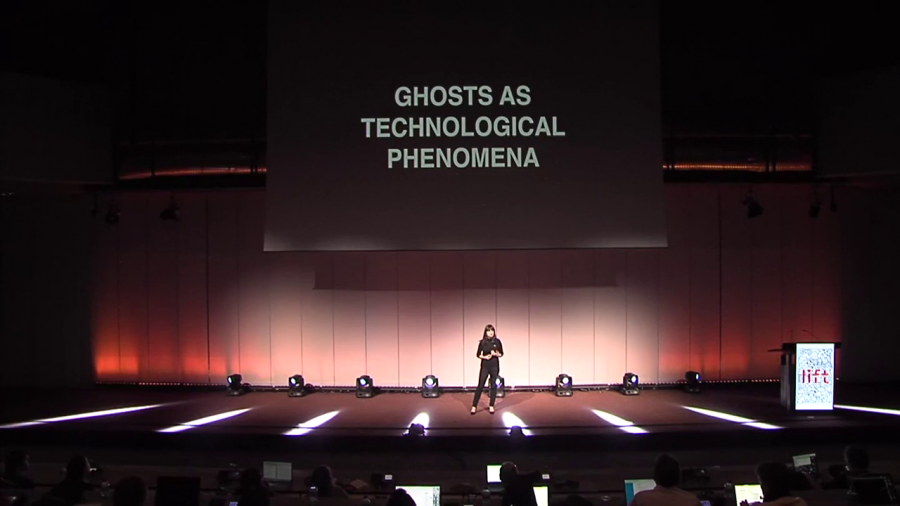

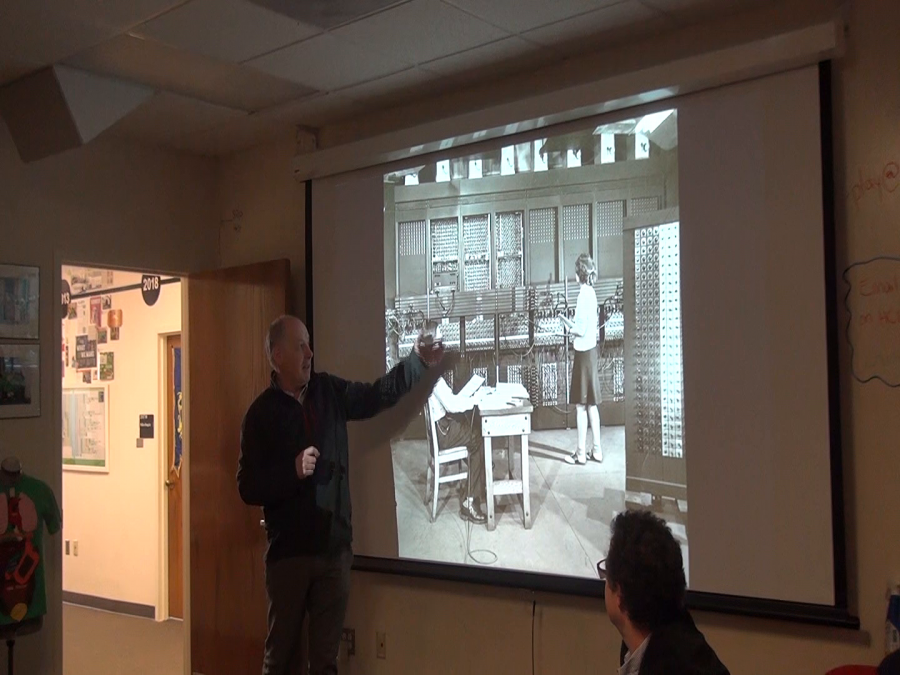

Lost in the Web – How to Navigate the Legal Maze and Protect Free Speech Online
presented by Nani Jansen
We all know that a lot of speech is moving online these days, either by choice because it’s a cheap and accessible way of publishing, or by necessity. At the same time we see an increase in attempts to control free speech online, in what should actually be a space in which information can flow freely.